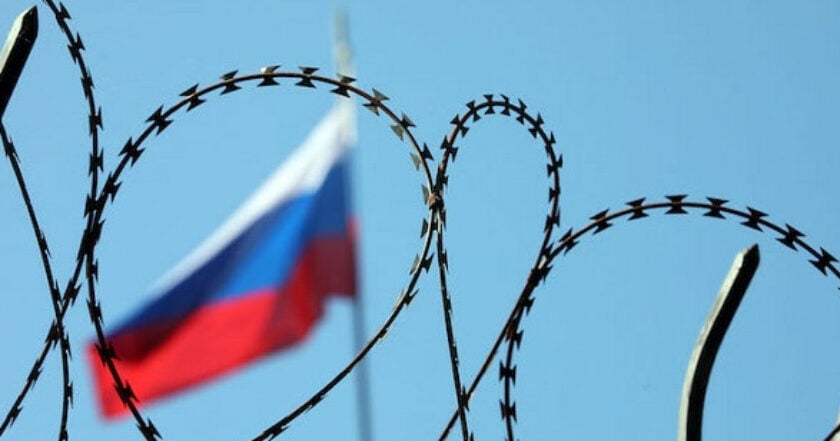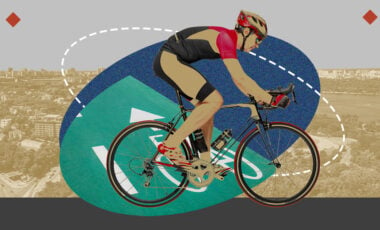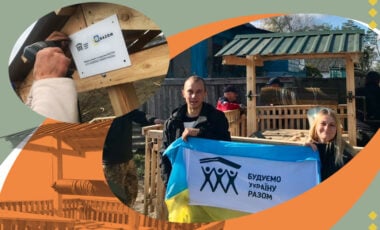Five countries sign agreement in Vilnius to bolster control of EU sanctions against Russia

Photo: From open sources
Finland, Estonia, Lithuania, Latvia, and Poland have signed an agreement in Vilnius to enhance monitoring of the implementation of EU sanctions against the Russian Federation.
Yle reports this with reference to Finland's customs.
The agreement will strengthen and unify the EU's control over Russia's visa compliance, as the EU's external borders play a key role in preventing the circumvention of sanctions.
"By signing the agreement, we want to show other countries and companies the importance of close cooperation for effective sanctions control and contribute to increasing the effectiveness of sanctions," said Finnish Customs Director General Sami Rakshit.
According to the head of Lithuanian customs, Dariusz Žvironas, it is planned to expand the sanctions control measures in the future, and more countries should join the agreement shortly.
It should be noted that in January, by agreement with the customs of Lithuania, Latvia, and Estonia, the declaration of the prime ministers of the Baltic countries, signed in December last year, was approved.
The parties agreed to strengthen control over sanctioned goods exported to third countries through Russia and Belarus or transported in transit.
For reference:
The European Commission has sent a draft of the 14th package of sanctions against the Russian Federation to the European Union members. The sanctions will include, in particular, restrictions on the import of liquefied gas.
As reported, the European Union introduced 13 packages of sanctions against Russia for its invasion of Ukraine, but the Kremlin is trying to circumvent the current restrictions.
It should be noted that the 13th package of sanctions provided for restrictions against 106 people and 88 legal entities "responsible for undermining or threatening the territorial integrity, sovereignty and independence of Ukraine."
The priority for these sanctions was the military and defense industries of Russia and those involved in the delivery of missiles there from the DPRK, as well as those responsible for the deportation and military "re-education" of Ukrainian children.
At the beginning of April, the vice president of the European Commission, Valdis Dombrovskis, said that the EU started preparing the 14th package of sanctions against Russia.
Latvian Finance Minister Arvils Ašeradens recently said that the European Union should ban the supply of manganese ore and aluminum oxide to the Russian Federation.
Politico wrote that the European Union may impose sanctions against Russian liquefied gas for the first time.




















































